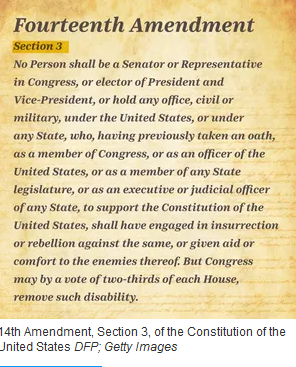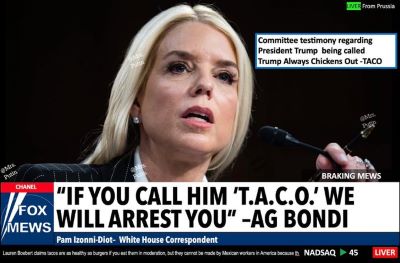
The father of the fake electors had the riot act read to him by the legal system. He was found guilty, that is, a recommendation was made, that the author of the fake electors scheme be stripped of his law license. In a mere 128-pages, the judge ruled that Eastman had violated the rules of professional ethics through his dishonesty in trying to help the Liar in-Chief remain in power after having lost the presidential election. Apparently Eastman thought he was above the law, too.
The “wild theory” theory” that a Vice President could declare Trump the winner was completely bogus. This is a reminder of the taped testimony presented to the House Select Committee of the advice given to Eastman to have an effing great lawyer.
At least in the California court, such sage advice did not prevail. The judge ruled:
In sum, Eastman exhibited gross negligence by making false statements about the 2020 election without conducting any meaningful investigation or verification of the information he was relying upon.
In other words he acted like Rudy Giuliani. Remember how he exclaimed to Rusty Bowers in Arizona that he has the theory but not the facts? Apparently that wisdom guided Eastman as well. The results were similar. Such conduct is acceptable for a President who is above the law and has immunity but is not acceptable for someone seeking to practice law.
Eastman’s travails are not yet over. He still could be charged by Jack Smith for his role in the January 6 insurrection. In fact, all of the unindicted co-conspirators could be. The initial plan to indict only one person, the ring leader, rather than become caught up with multiple defendants has not worked out so far. With Trump’s Court putting the brakes on the case, who knows if it will be tried or not. Why not take advantage of this opportunity to fill the void by charging John Eastman, Jeffrey Clark, Rudy Giuliani, Roger Stone, Steve Bannon, Mark Meadows, Scott Perry, and all the other people who participated in the planning and execution of January 6?
Arizona is beginning to spread its investigative wings to include some of the Congressional members of Trump’s insurrection army. According to the infamous Georgia phone call, Trump was quite confident about his people in the House doing what needed to be done to aid him in his effort to steal the election.
Ironically, Jenna Ellis another lawyer who did plead guilty has Colorado as her home state. Colorado is the very state which brought the Amendment 14 Section 3 to the attention of the Supreme Court in the first place. Now that Ellis had accepted disciplinary measures from the Colorado bar officials, perhaps the state will consider barring her from running for office as well.
True, she has no plans to run for office, but the application of Amendment 14 Section 3 to her would put all the other accomplices to the insurrection on notice that they will not be able to run for office if found guilty of violating their legal code of ethics or in a criminal case.
JEFFERSON DAVIS PLUS
There was more to the Confederacy than Jefferson Davis. While he was the most prominent Confederate figure, there were thousands of others who fought for the Confederate cause against the Union. The three briefs by the historians to the Supreme Court tended to focus on Jefferson Davis to the exclusion of the other Confederates. Such tunnel vision was an error. There is more to the January 6 insurrection than just one person.
In the action taken against John Eastman, we are reminded that Trump had numerous allies in his quest to steal the election. Each of them has had to secure their own funding source to help them get away with that action. Some of them have not been able to do so.
What is to be gained now by not prosecuting all the others who helped make insurrection a day of infamy in American history? Essentially, Jack Smith has an open calendar for months before trying the case against the ring leader. The Trump judge will not allow Trump to be tried before the presidential election. And no matter how much of hard-charger Smith is and how determined the January 6 judge is, they cannot overcome the appeal process and the Trump Court.
At least we can be grateful that the legal profession is taking care of its own garbage. It’s time for the courts to do the same.





